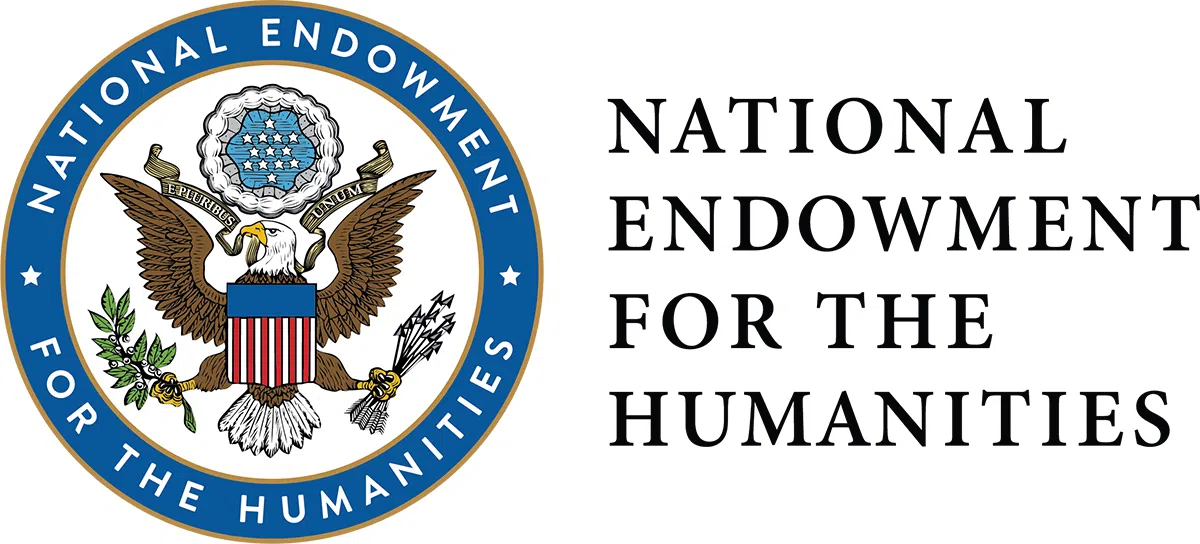The Natchez Center for American History (NCAH) is a $20 million project that includes two components: a preservation field school and an interpretive center that will share powerful stories of the rise and fall of Mississippi’s cotton kingdom era. NCAH will cultivate a strong workforce through the preservation field school, where high school and college students will gain skills critical to helping Mississippi’s economy thrive.
“We are grateful to NEH for this major grant,” said Katie Blount, director of MDAH. “It is the only award in Mississippi and the largest of the 260 projects across the nation.”
The HJC campus is an 80-acre site with eight main buildings and is listed on the National Register of Historic Places for its architectural significance. HJC was Mississippi’s first institution of higher learning, with the first building at the college completed in 1820, just as the cotton economy was expanding and generating vast wealth built predominantly through slave labor. It is the birthplace of Mississippi statehood, where delegates gathered to write the state’s first constitution. Jefferson College operated for many years as a preparatory school and later as Jefferson Military College. And it served briefly as a Freedmen’s Bureau after the Civil War.
Restoration and development of Historic Jefferson College are key components of MDAH’s strategic plan for southwest Mississippi, where it operates two other historic sites—the Grand Village of the Natchez Indians in Natchez and Windsor Ruins near Port Gibson. NCAH will serve as a gateway to understanding the region’s history and its significance in the greater American story.
Restoration work will begin in spring 2024 thanks to a National Park Service Save America’s Treasures grant and congressionally-directed funding awarded to MDAH in 2023, which together provide over $600,000 in support for the project. A generous grant of $250,000 from Entergy Mississippi to the Foundation for Mississippi History will also support restoration work at HJC. In addition, MDAH has secured support for NCAH from the Mississippi Legislature.
NEH Challenge Programs grants strengthen the institutional base and organizational capacity of humanities organizations in the long term. Infrastructure and Capacity Building Challenge Grants leverage federal funding to strengthen and sustain humanities infrastructure and capacity-building activities at cultural institutions.
National Endowment for the Humanities: Created in 1965 as an independent federal agency, the National Endowment for the Humanities supports research and learning in history, literature, philosophy, and other areas of the humanities by funding selected, peer-reviewed proposals from around the nation. Additional information about the National Endowment for the Humanities and its grant programs is available at www.neh.gov.







Comments